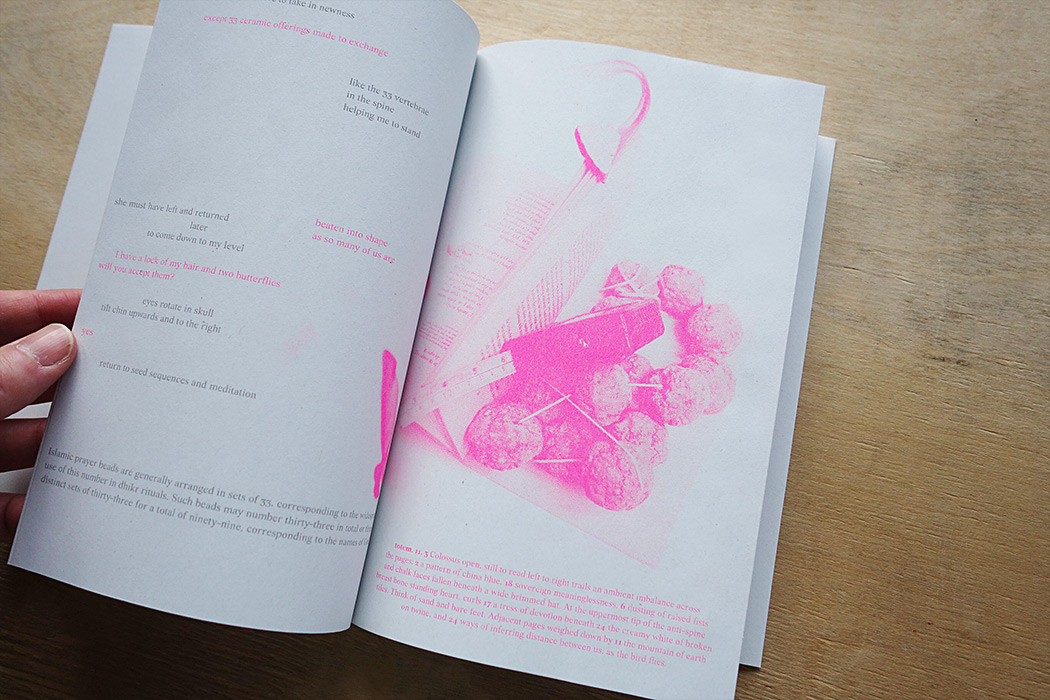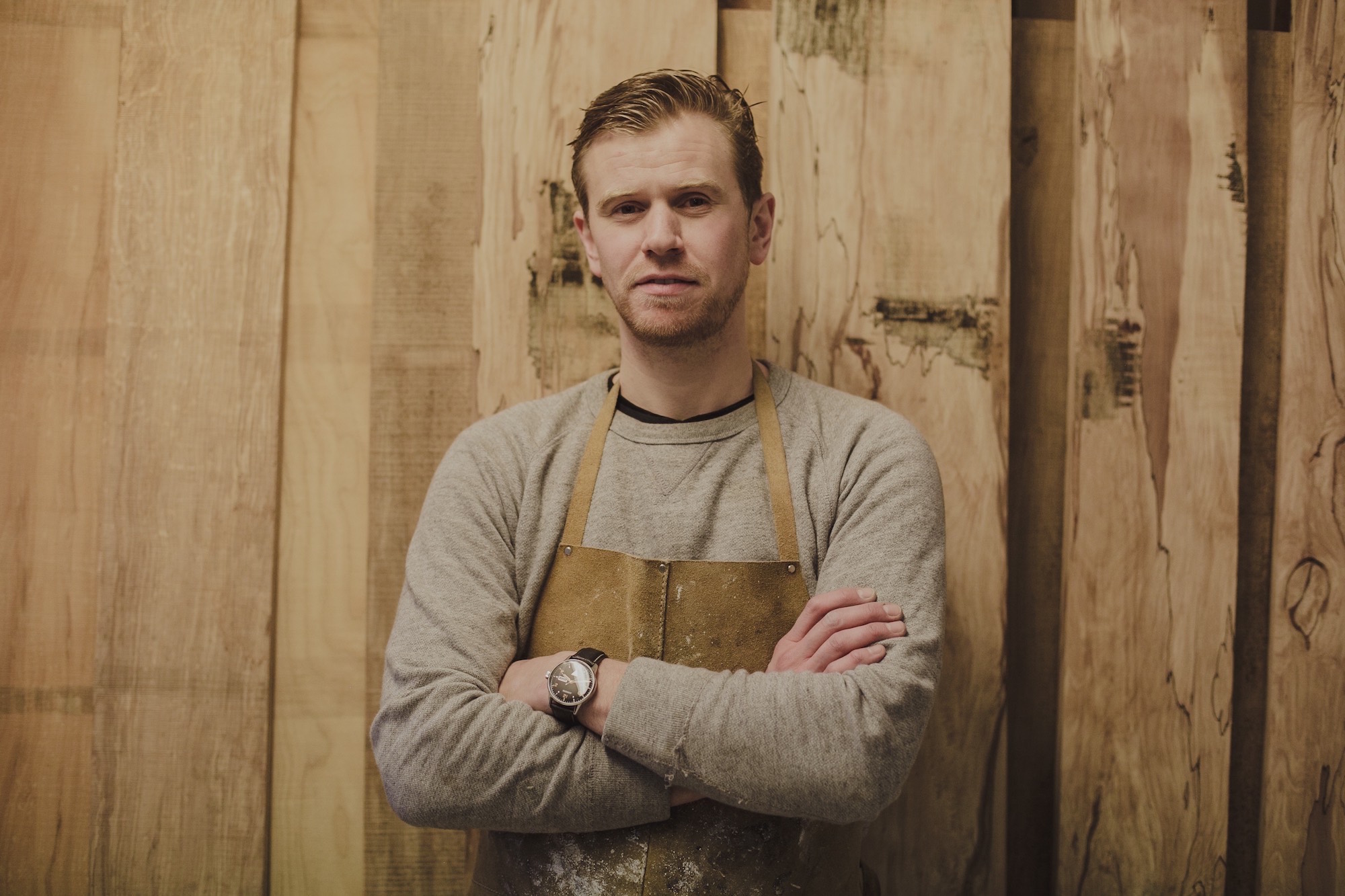
LCN Story: Furniture Maker Rob Brain
After more than a decade as a cabinet maker creating bespoke interiors for luxury London residences, Rob Brain founded RHMB in 2017 to create furniture hand crafted from the urban forest. Rob’s furniture is sourced from local materials, which means he can trace a piece back to the street or park where the tree stood, giving his work a distinctive provenance.
What was the main motivation behind your application to the LCN programme at Cockpit Arts?
I wanted to access expert advice that would allow me to take practical steps to develop my business and profile. I felt my business strategy had stalled and that I needed objective input about how to market myself and my work. I was looking to improve the way I present myself, write about myself and talk to customers and the LCN programme is tailor-made to help in this regard.
When I first applied to the programme I wasn’t accepted, but the feedback I received at this point really helped me to focus and refine what I was doing. A second pair of eyes on my business really helped me see what was missing and bridge the gap. After some work in the interim I was accepted on my second application and can already see how the programme is making a difference.
What is the most useful advice or tip you’ve been given on the programme so far?
It’s probably to remember the things you have accomplished, rather than admonish yourself for what you have yet to do. Seeing what is ahead and where you might fail is daunting. But learning to reflect on your successes helps you to see what you could achieve in the future. Refining my values as a business has been key and has allowed me to be clear in how I communicate about my business; and having clarity about what opportunities to pursue now and which to put on hold.
At the beginning it was a lot to take in, but as I’ve been progressing on the programme with Cockpit, it has all started to come together and themes from the early workshops are now slipping into place. I will be referring back to this material in the months and years to come. The peer-to-peer nature of the sessions has been a great support. This is not something I had considered when applying for the programme but it has been really beneficial and allowed me to gain much more than I first anticipated.
What new product, service, business system or projects are you introducing to your practice and why?
I introduced new work at Decorex 2018, in order to go straight to my target market. The LCN workshops really helped me to structure my plan for this – developing new work, talking about it, writing about it, marketing it, pricing it and selling it.
What plans do you have after LCN?
I aim to consolidate what I have learned and develop a coherent and professional plan for the business going forward. I want to move away from guesswork and beyond short term planning to develop a clear strategy and vision for taking the business to the next level. I hope to have established a fully financially sustainable practice by the end of next year. In the short term my aim is to take on less client work for others and spend more time on my own designs and developing my own work.
LCN is an amazing programme for anyone who needs support in developing their business. It is easy to be blasé about this support and lose sight of its value as it is free to participate. But this is a fantastic programme and well worth applying to twice!
Find out more about the London Creative Network
Supported by

The impact of London Creative Network

LCN Story: Peer Social – Artists Beyond LCN
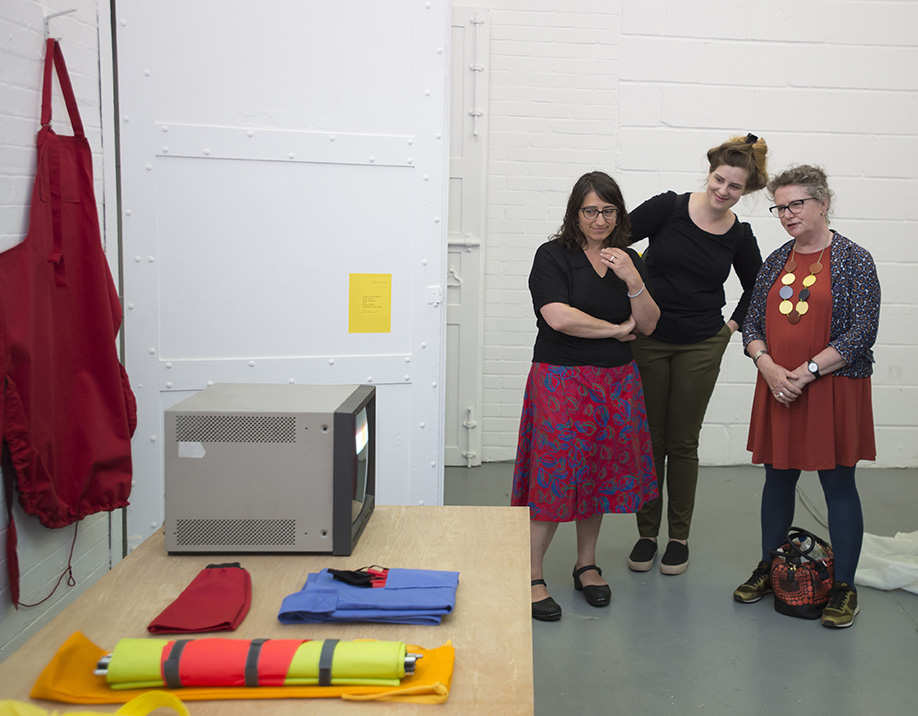
LCN Story: Artist Jackie Chettur
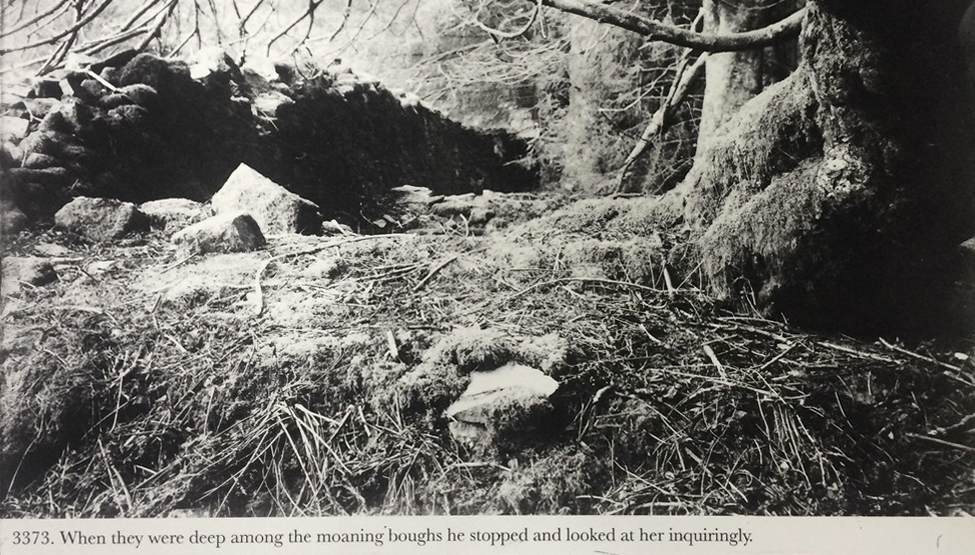
LCN Story: Woven Textile Designer Beatrice Larkin
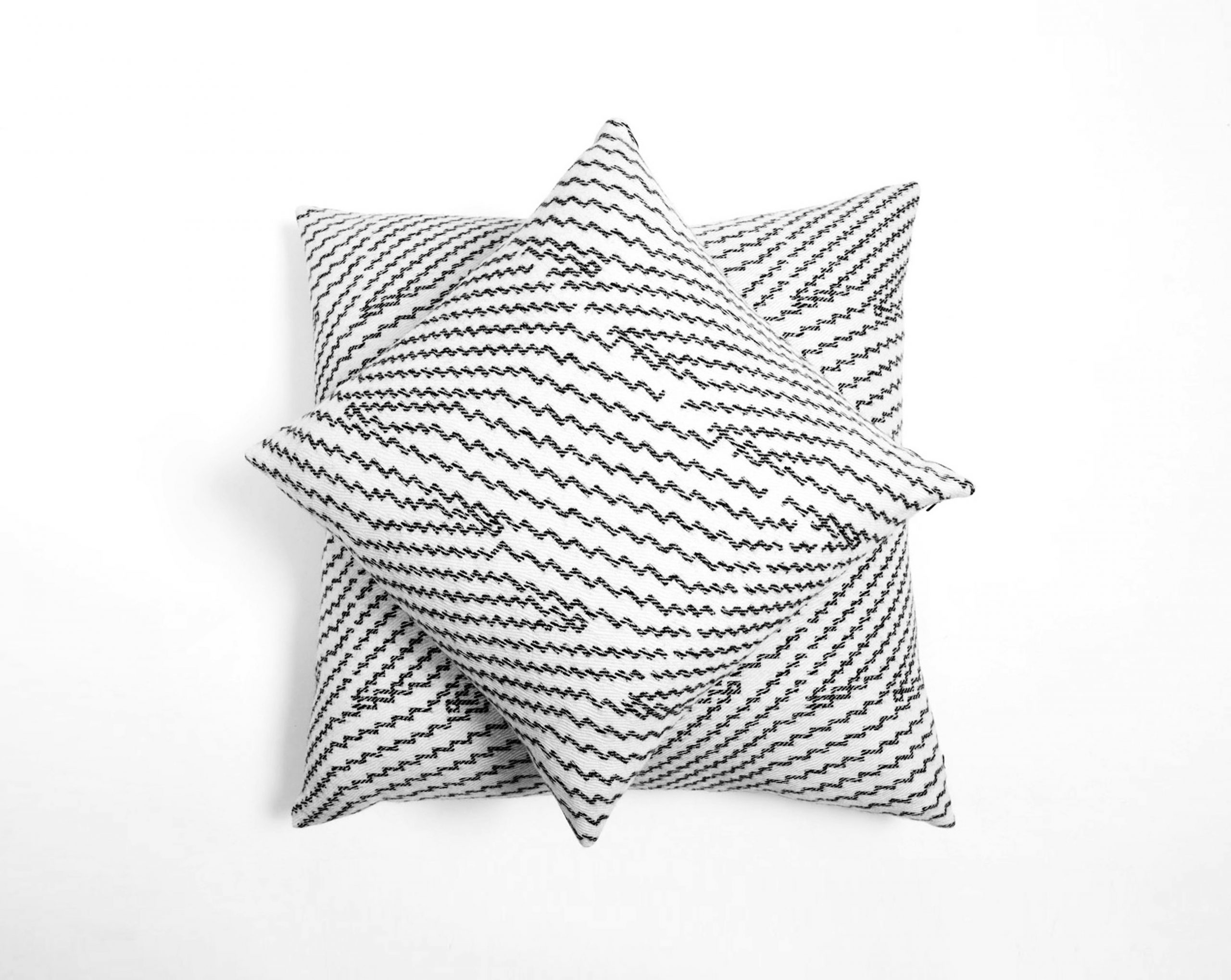
LCN Story: Photographer Chloe Rosser
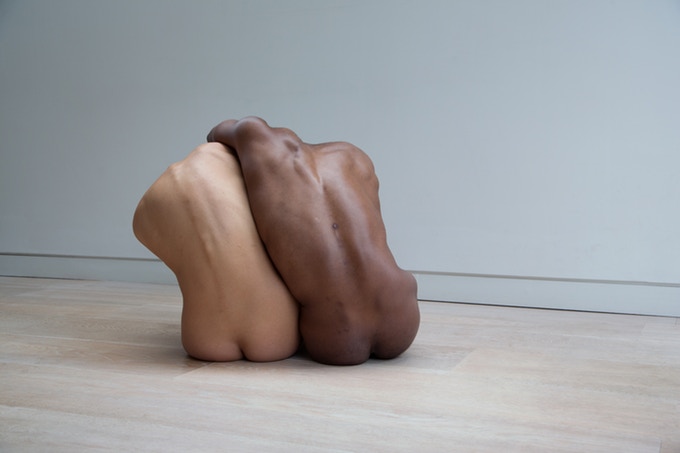
LCN Story: Artist Kate Terry
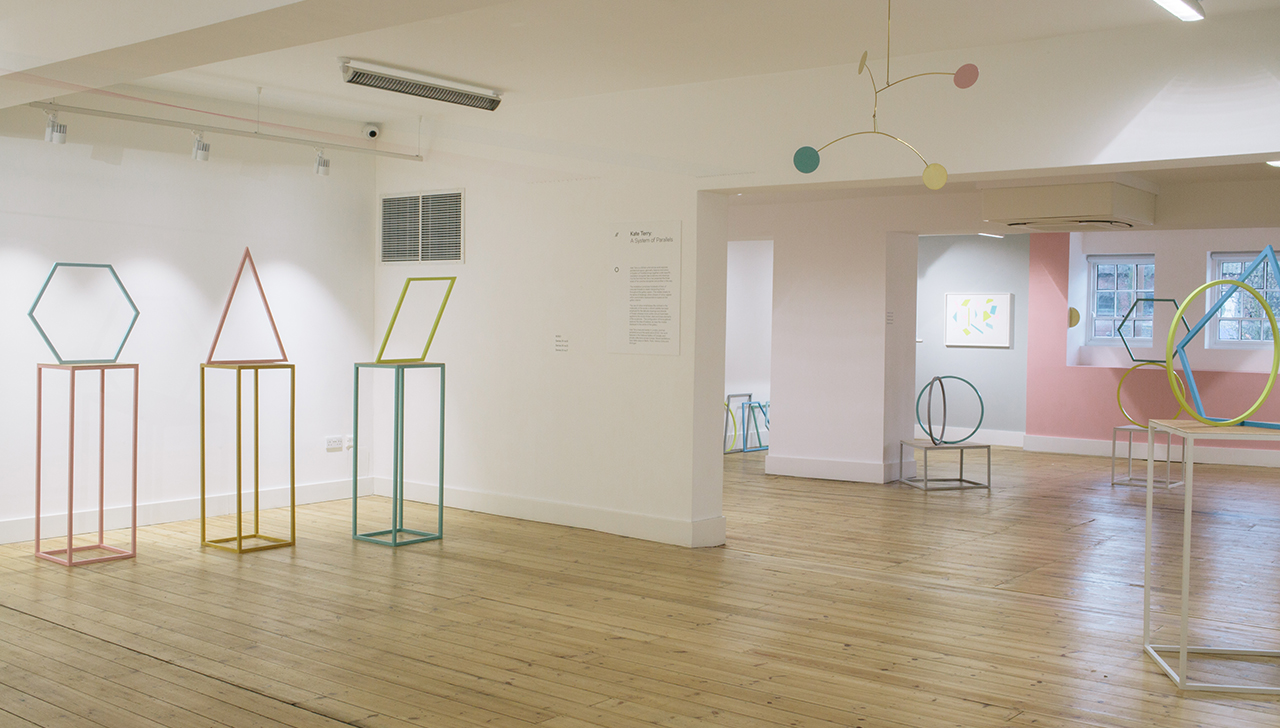
LCN Story: Photographer Brian Whar
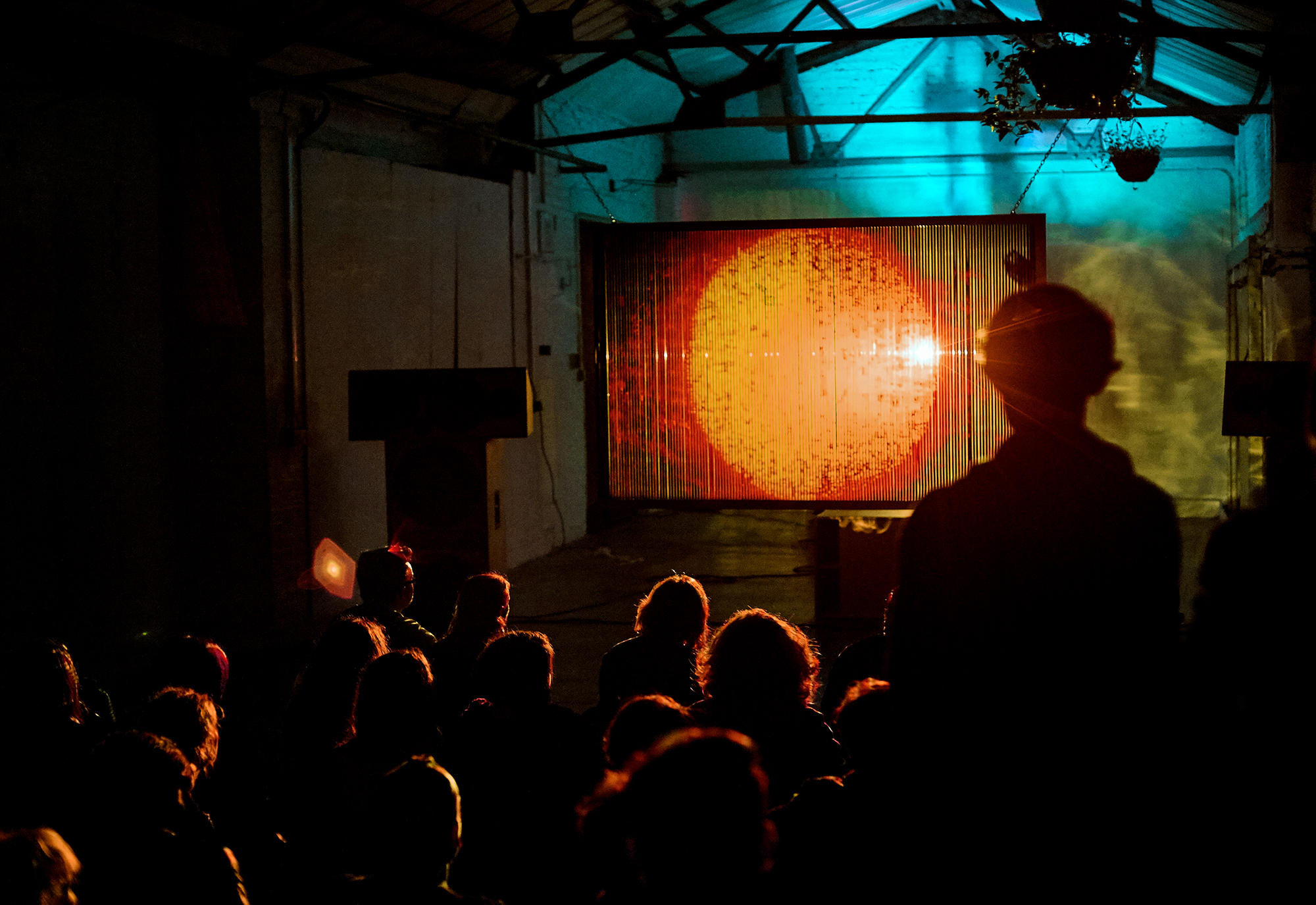
LCN Story: Jeweller Alma Sophia Grønli Geller
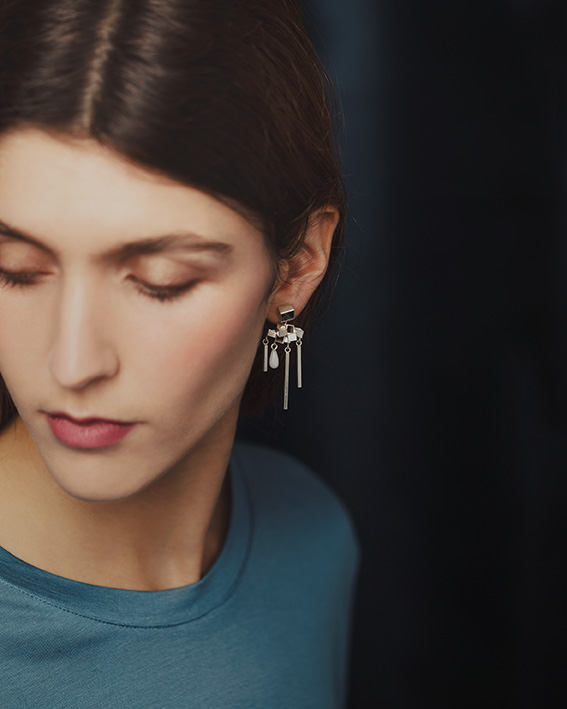
LCN Story: Performance Artist Charlotte Law
